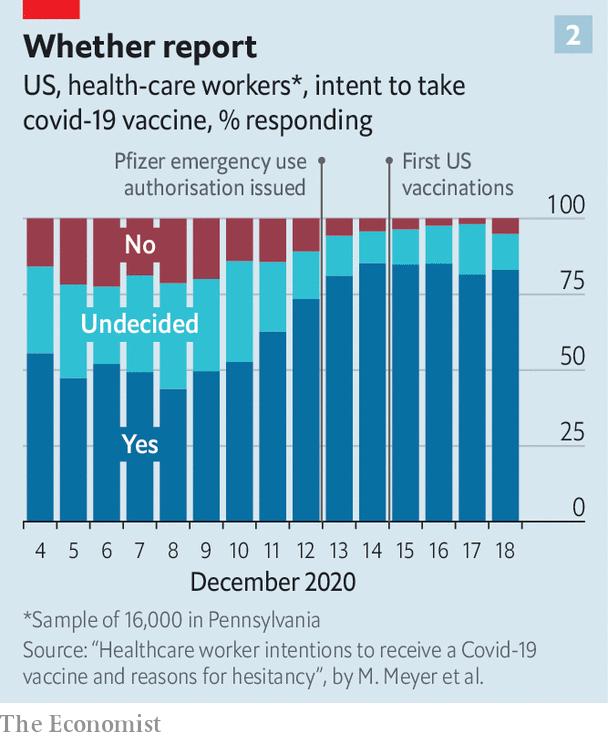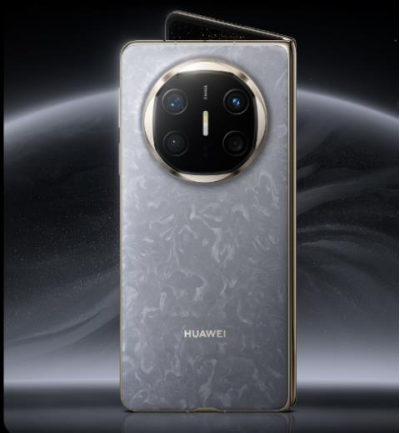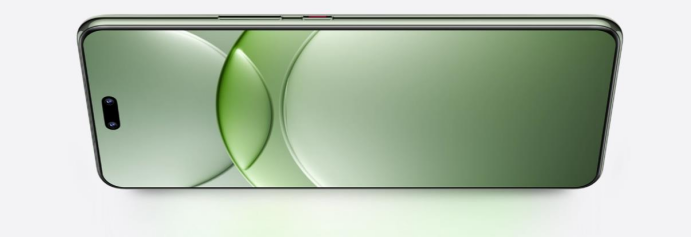CoronaCheck is RMIT ABC Fact Check's weekly email newsletter dedicated to fighting the misinformation infodemic surrounding the coronavirus outbreak.
You can read the latest edition below, and subscribe to have the next newsletter delivered straight to your inbox.
CoronaCheck #97
Welcome to the first edition of CoronaCheck for 2022. As the world enters the third year of the pandemic, we remain committed to helping our readers separate fact from fiction.
This week, we take a look at some of the most pervasive incorrect claims being spread over the summer — from the fake death of a child supposedly following a COVID-19 vaccination to the continued misrepresentation of coronavirus hospitalisation and death statistics.
We also draw attention to a call to action issued by a worldwide cohort of top fact-checking organisations, which earlier this month published an open letter to YouTube.
No, a child did not die after being vaccinated in NSW
Coinciding with COVID-19 vaccines being made available to children aged 5 to 11 earlier this month was a rumour about the apparent vaccine-related death of a seven-year-old boy in NSW which spread rapidly online after a Facebook comment was left by a man purporting to be the child's father.
The man, "Steve Leary", detailed how his recently vaccinated son Lachlan had supposedly died of a heart attack in an ambulance hours after being sent home by Westmead Hospital in Sydney.
But according to officials and fact checkers, the story doesn't stack up.
Westmead Hospital officials, for instance, wrote in a Facebook comment of their own that there was "no record of any child having passed away following vaccination at [the] hospital". In a statement issued to fact checkers at Snopes, the hospital added that it "did not treat any children with those symptoms in the time period indicated" by the Facebook post.
Meanwhile, NSW Health told Snopes that it had "not been able to locate any record of any such incident".
According to an article in the Daily Telegraph, Ambulance NSW also had no record of a seven-year-old dying of a heart attack in the back of an ambulance.
The Therapeutic Goods Administration, according to the Daily Mail, confirmed that it had not received any reports of vaccine adverse events involving the death of a child aged five to 11 years.
And while the profile photo belonging to the Facebook account that posted the story (which has since been deactivated or deleted) did indeed appear to show a man named Steve Leary, he actually lives in the US, as Fact checkers from UK-based outlet Full Fact discovered.
"According to his own website, [the] Mr Leary pictured has triplets, which does not match the family described in the Facebook comment.".
Full Fact concluded: "The fact that there is no mention of his story across trusted news sources, clear rebuttals of the claims from official medical and local government sources and evidence his picture has been taken from an apparently unrelated man's page indicate that this story is false."
Higher numbers of deaths, hospitalisations among vaccinated people does not mean COVID-19 jabs don't work
It's a point that has been reiterated in this newsletter on numerous occasions, but with surging hospitalisations and dozens of daily COVID-19 deaths, it bears repeating: the relative risk of a vaccinated person dying with COVID-19 is far lower than that of an unvaccinated person, even when vaccinated people are succumbing in higher numbers.
While some anti-vax social media users are quick to point to the fact that the majority of Australians dying or in intensive care units with COVID-19 have been vaccinated, sharing such statistics without context can paint a misleading picture of vaccine efficacy.
In NSW, for example, the most recent COVID-19 weekly surveillance report shows that 267,381 double-dosed people were reported to have contracted COVID-19 in NSW between November 26 and January 8.
Of those cases, 1 per cent required hospitalisation, 0.1 per cent required intensive care and 0.03 per cent of people died (that is, one person in almost 4,000 cases of the virus).
Of the 3,552 unvaccinated people who contracted COVID-19 over the same period, 8.9 per cent were hospitalised, 1.5 per cent landed in ICUs and 0.6 per cent died (or one person for every 169 cases).
As the report notes: "Among cases since 26 November 2021, although the number of hospitalisations, admissions to ICU and deaths is greater among those who had received two effective doses than those with no effective dose, the proportion of cases with these outcomes is still much higher among those with no effective dose."
Neil Young takes Spotify to task over vaccine misinformation
Music streaming service Spotify this week removed music by Neil Young from its platform after the veteran rocker used an open letter to call out the company for its lack of action on misinformation.

In the letter, which was addressed to Young's manager and record label and has since been taken offline, the musician asked for his music to be taken off Spotify, which he said had "become the home of life-threatening COVID misinformation".
"I am doing this because Spotify is spreading fake information about vaccines — potentially causing death to those who believe the disinformation being spread by them," Young wrote, according to Rolling Stone.
Young pointed to Spotify's support for Joe Rogan, whose podcast, which Spotify acquired for $100 million in 2020 is the most popular on the platform, regularly plays host to conversations in which both Rogan and his guests spread misinformation about the pandemic.
"I want you to let Spotify know immediately TODAY that I want all my music off their platform," Young said. "They can have [Joe] Rogan or Young. Not both."
Young's letter came weeks after a group of 270 scientists and medical professionals signed their own letter seeking action from Spotify against Rogan.
In an update on Wednesday, Young thanked his record label for its support and urged fellow musicians to follow his lead in leaving Spotify.
"I sincerely hope that other artists and record companies will move off the Spotify platform and stop supporting Spotify's deadly misinformation about COVID."
Fact checkers call out YouTube for failing to stem 'destructive disinformation and misinformation'
RMIT ABC Fact Check, along with more than 80 fact-checking organisations from across 60 countries, has called on the video-sharing and social media platform YouTube to intensify its efforts to prevent the spread of destructive disinformation and misinformation.
In an open letter addressed to YouTube CEO Susan Wojcicki, verified signatories of the International Fact-Checking Network (IFCN) noted that despite the platform being "one of the major conduits of online disinformation and misinformation worldwide", YouTube was doing little to address the problem.
"On the contrary, YouTube is allowing its platform to be weaponised by unscrupulous actors to manipulate and exploit others, and to organise and fundraise themselves," the letter read. "Current measures are proving insufficient."
Among the examples of harmful and dangerous misinformation put forward by fact checkers was a global campaign, originating in Germany, in which so-called "doctors for the truth" promoted false COVID-19 cures, rejected the use of face masks and suggested the pandemic was a "plan of global domination".
According to the open letter, "millions" of other YouTube users were "watching videos in Greek and Arabic that encouraged them to boycott vaccinations or treat their COVID-19 infections with bogus cures".
Away from the pandemic, the fact checkers drew attention to the platform's role in amplifying hate speech and election disinformation.
Measures proposed by the fact-checking organisations as a means of stemming the tide of misinformation included a commitment from YouTube to "meaningful transparency", the provision of context and debunking of misinformation in collaboration with fact checkers, and firmer action against repeat offenders, with all steps to be taken in a multitude of languages.
In a statement to the US-based Poynter Institute, which oversees the IFCN, YouTube spokeswoman Elena Hernandez said the company had "invested heavily" in policies to combat misinformation, including $1 million invested in the IFCN via the Google News Initiative.
"Fact checking is a crucial tool to help viewers make their own informed decisions, but it's one piece of a much larger puzzle to address the spread of misinformation," Ms Hernandez argued.
"Over the years, we've invested heavily in policies and products in all countries [in which] we operate to connect people to authoritative content, reduce the spread of borderline misinformation, and remove violative videos."
According to the spokeswoman, YouTube had seen "important progress" and consumption of "recommended borderline misinformation" accounted for "significantly below 1 per cent" of all views on the platform.
In other news: The curious case of Scott Morrison's Chinese social media account
When Prime Minister Scott Morrison's account on the Chinese social media platform WeChat was renamed this week, media outlets and politicians were quick to report the account had been "hacked" or "hijacked".
But according to First Draft, a not-for-profit global organisation that researches online misinformation and disinformation, a hacking scenario appeared "unlikely".
While Mr Morrison's account was indeed renamed "Australian-Chinese New Life", the change came months after the Prime Minister's office was reportedly locked out of the account.
As First Draft discovered this week, posts made to the account before Mr Morrison lost access remained "live".
Moreover, the chief executive of the business now controlling the account, Fuzhou 985 Information Technology, explained this week that he was unaware of who the account belonged to when he purchased it from a Chinese national named only as "Mr Ji" in November.
"I don't even know who [Scott] Morrison is," Huang Aipeng told the ABC. "I saw the account has a lot of followers, so we bought it."
As reported by the ABC, western leaders such as Mr Morrison bypassed WeChat regulations blocking foreign nationals from holding accounts by registering through Chinese agencies.
While the details of how Mr Morrison lost access to his account are not clear, WeChat rules also state that the person who initially registers an account should not permit others to use the account.
According to AAP, WeChat's parent company, Tencent, refuted claims the account had been hacked, stating that there was no evidence of "third-party intrusion".
"Based on our information, this appears to be a dispute over account ownership," the company said in a statement to AAP.
"The account in question was originally registered by a [People's Republic of China] individual and was subsequently transferred to its current operator, a technology services company — and it will be handled in accordance with our platform rules."
Edited by Ellen McCutchan
Got a fact that needs checking? Tweet us @ABCFactCheck or send us an email at factcheck@rmit.edu.au
Loading form...



